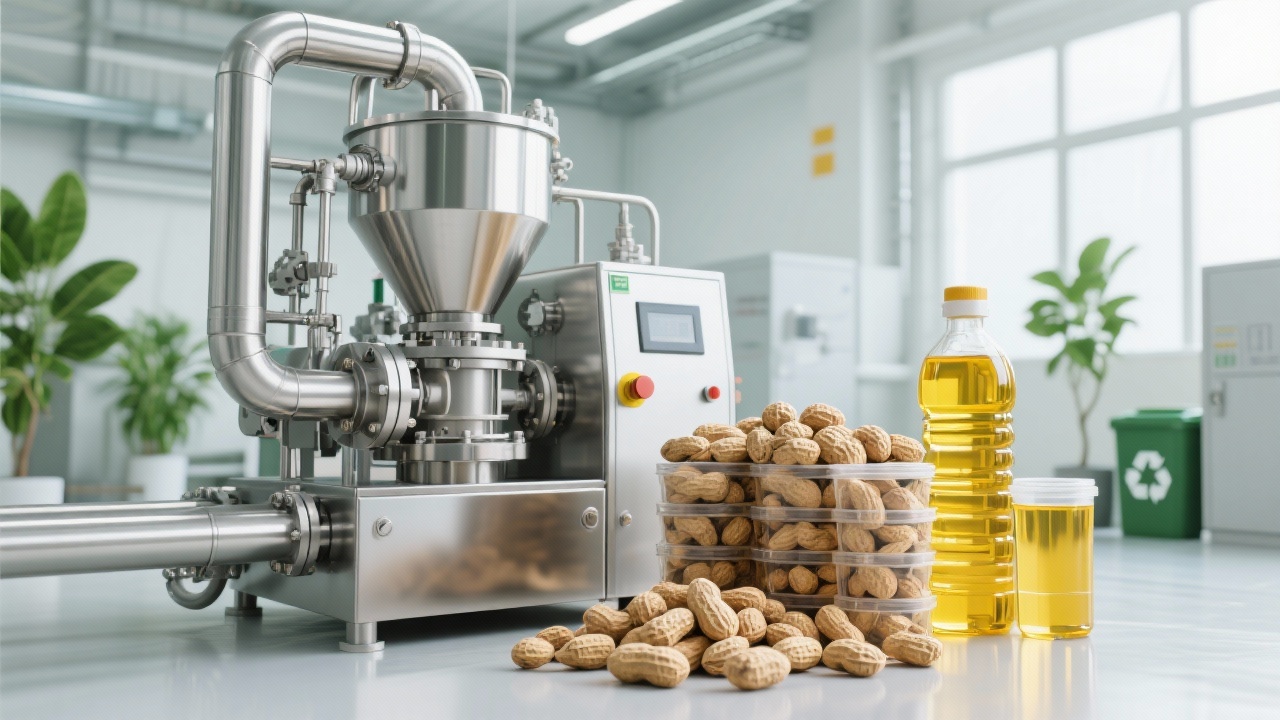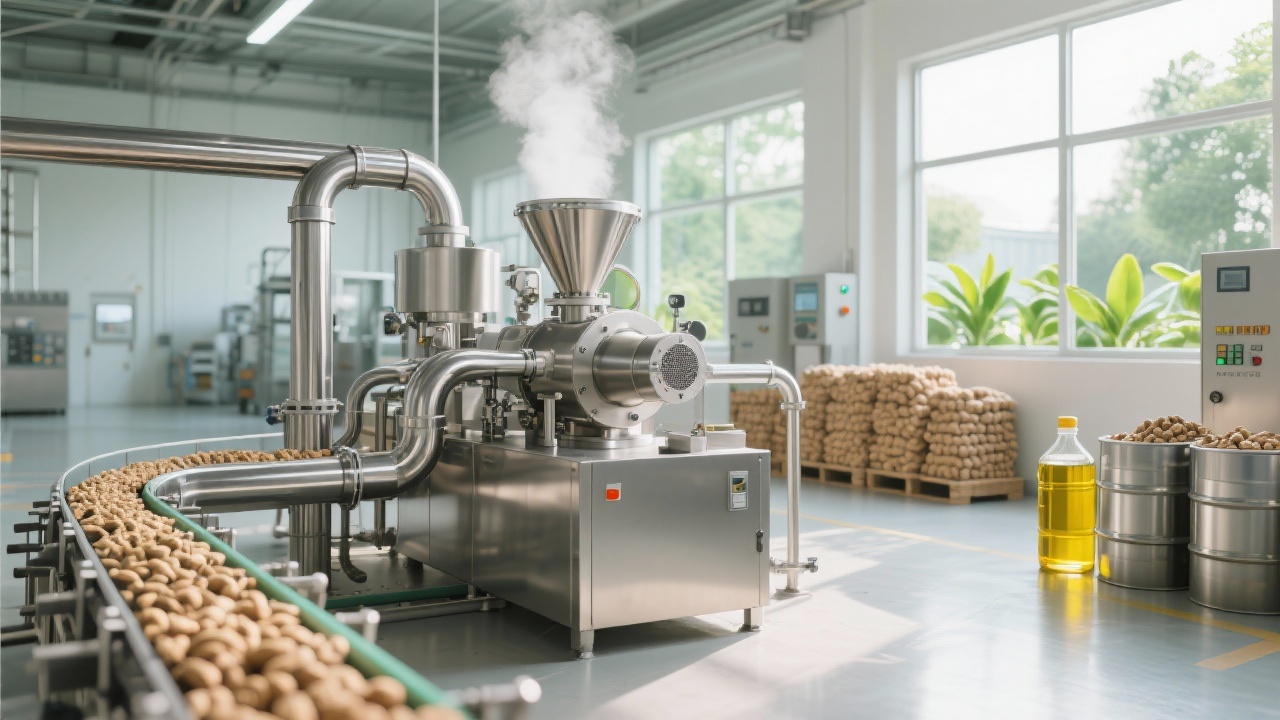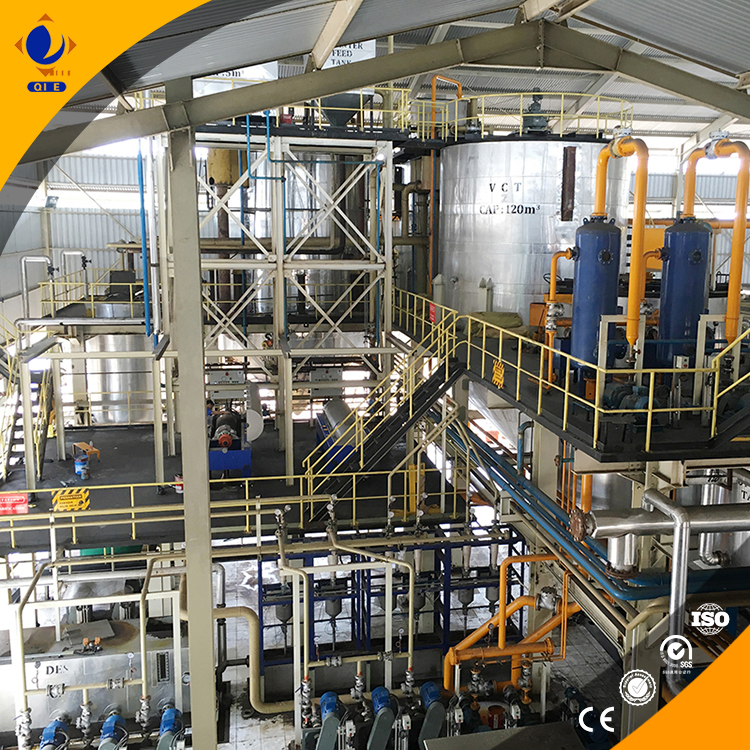
In the competitive landscape of global palm oil production, operational efficiency and environmental compliance are no longer optional—they’re essential for long-term viability. The case study of Penguin Group’s 2024 10–500 tons/day automated palm oil processing unit offers a compelling blueprint for how modern PLC-based control systems can transform traditional operations into intelligent, sustainable workflows.
The core of this transformation lies in real-time monitoring and regulation of critical process variables such as pressure (±0.5 bar accuracy), temperature (±1°C precision), and motor speed (±5 RPM stability). By integrating programmable logic controllers (PLCs) with sensors across the extraction, pressing, and refining stages, Penguin Group reduced equipment downtime by up to 37% compared to manual oversight—based on internal data from Q1–Q4 2024.
For example, during high-load operations, the system automatically adjusts motor speeds to prevent overheating while maintaining optimal throughput—a feature that has led to a 15% reduction in energy consumption per ton of crude palm oil produced.

What sets this system apart is not just automation—it’s intelligence. With continuous data logging every 30 seconds, maintenance teams can now predict wear patterns before failures occur. In one instance, vibration analysis flagged an abnormal bearing condition 48 hours before failure, allowing preemptive replacement and avoiding a $12,000 repair cost and 3-day production loss.
Human error, often responsible for up to 20% of unplanned stops in older plants, has been minimized through standardized digital workflows. Operators receive alerts via mobile dashboards when parameters drift beyond set thresholds, enabling immediate corrective action without delay or miscommunication.

If you're managing a palm oil facility in Southeast Asia, Africa, or South America, these improvements translate directly into higher margins, lower carbon footprint, and better compliance with ESG standards. Many buyers now prioritize suppliers who demonstrate measurable sustainability efforts—and smart controls provide the proof points needed for certifications like RSPO or ISO 50001.
Whether you're upgrading an existing line or building new capacity, adopting a modular PLC-based solution allows for scalable implementation without disrupting current workflows. The key? Start small—with one critical process loop—and scale based on ROI.

“The future of palm oil isn’t just about volume—it’s about visibility.”
Ready to bring smarter control to your palm oil operations?
Explore Penguin Group’s Smart Palm Oil Processing Units

